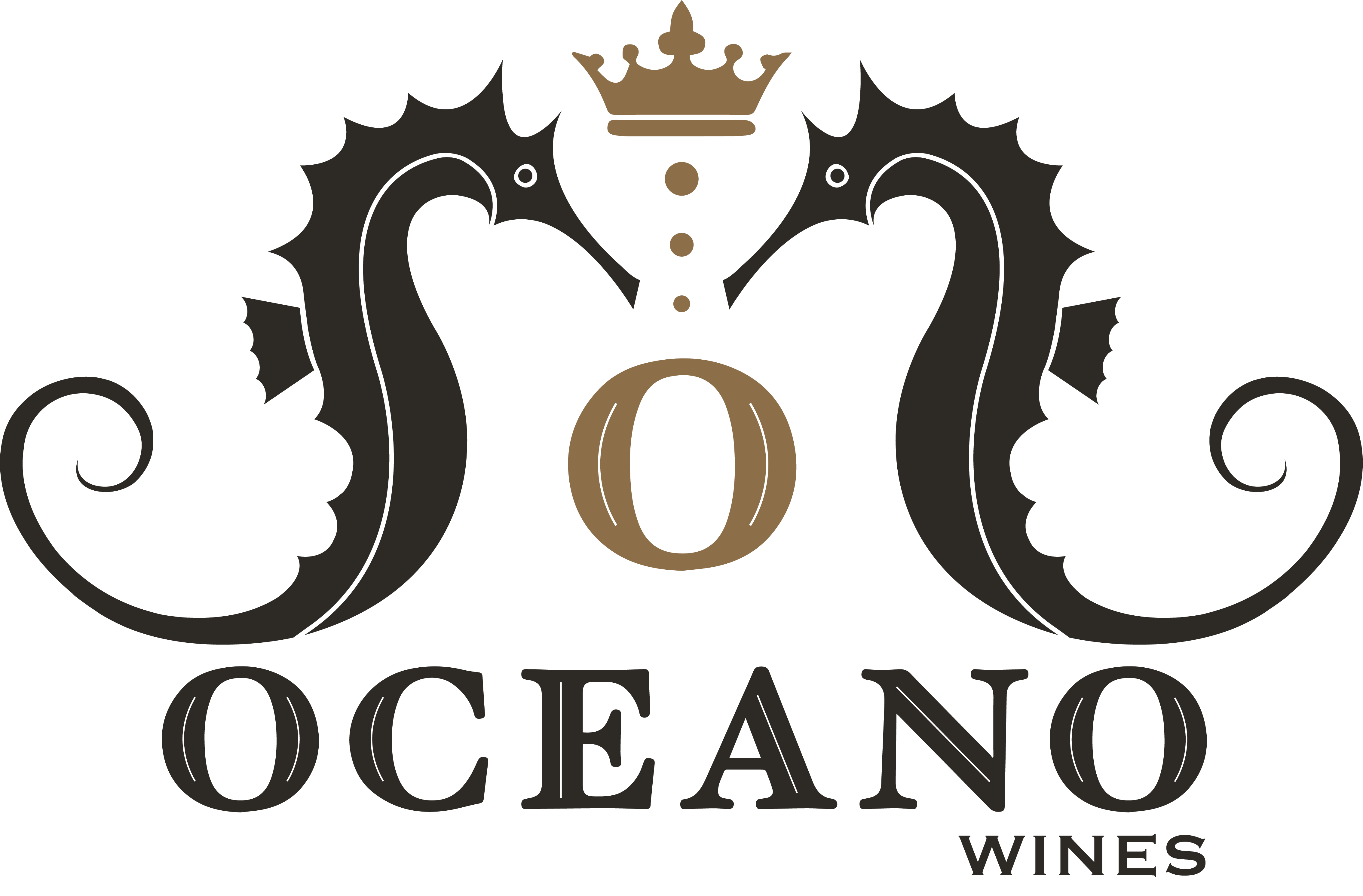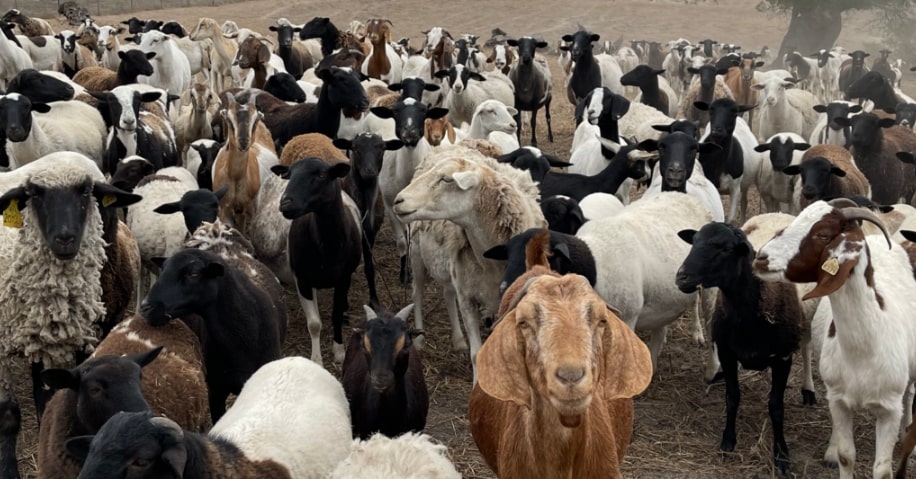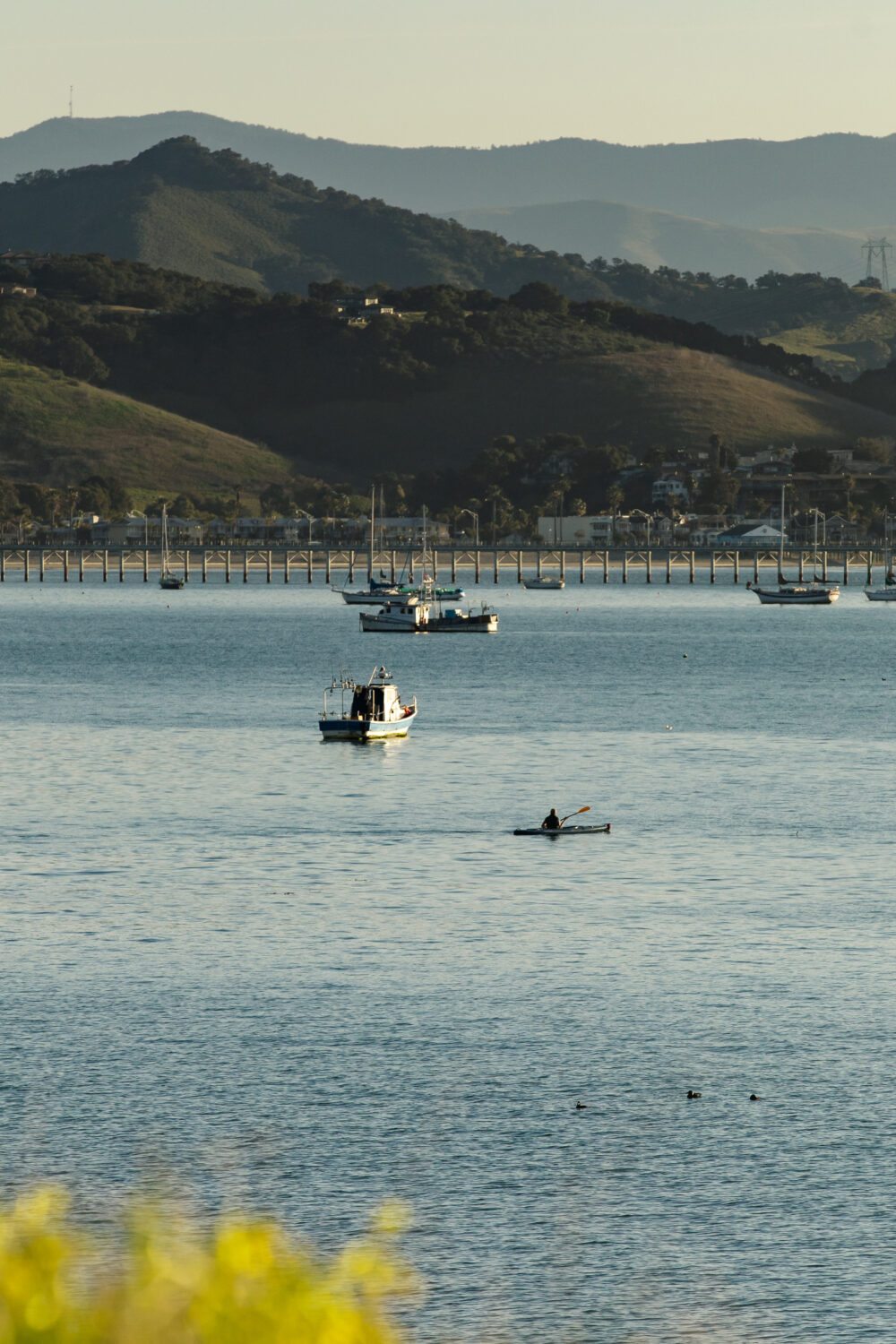At Oceano, we’re very proud of our sustainability efforts. Since April is Earth Month, I thought this would be a good time to share what we’re currently doing with our sustainable wine and where we’re headed.
Our Packaging is Fully Recyclable
Our bottles come from Waterloo Container’s Eco Series and are made from as much as 75% recycled glass.

They are lighter weight (by about 30%) than the typical “Burgundy” bottle shape that is typically used by producers of Chardonnay and Pinot Noir. This means they are created using fewer raw materials and less energy. Because they are lighter, they also help us keep delivery costs down. All of this is done while maintaining the strength and aesthetics of the glass.
Our corks and capsules (the protective sleeve that goes over the cork) are made by Lafitte.
As Lafitte explains: Cork is the bark of Quercus suber, also known as Cork Oak, a tree capable of living up to 200 years. It is a 100% natural, 100% reusable, and 100% recyclable raw material, consisting of a hive of microscopic cells filled with a gas identical to air and coated with, mainly, suberin and lignin.
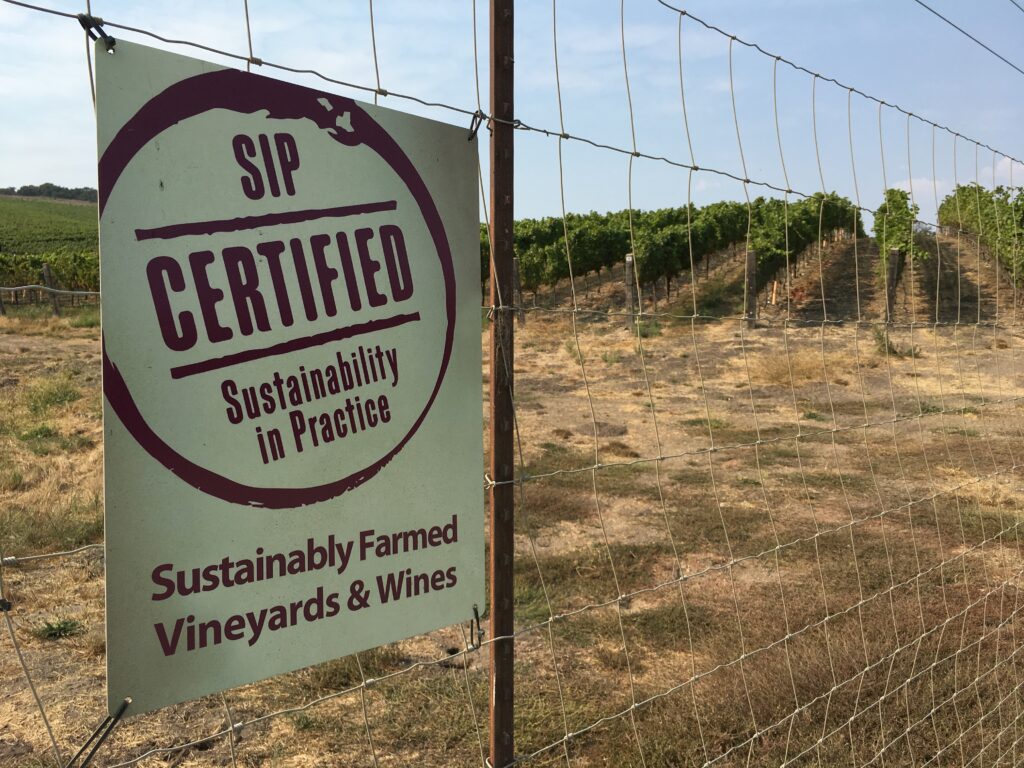
The harvesting of cork is also eco-friendly. Extracting the cork from the Cork Oaks does not harm them – and the cork naturally renews itself after nine years. The Cork Oaks counteract the desertification tendency in Mediterranean regions and also offset about 14 million tons of carbon dioxide every year.
The capsules are 100% tin, which is also recyclable.
In addition to using eco-friendly materials, we are very interested in reducing our carbon footprint.
Our plan is to move toward 80% direct-to-consumer distribution. This would reduce the number of hands-on each bottle as it makes its way to the ultimate consumer – YOU. The fewer people who handle each bottle, the less each bottle ultimately costs. And cutting out extra trips to multiple warehouses, distributors and retailers helps reduce our carbon footprint.
Some of the practices already in place at our SIP Certified (“sustainable in practice”) wine source, Spanish Springs Vineyard, include:
- Irrigation via a natural aquifer.
- Vineyard pests are managed by ground-cover crops, bugs, bats and birds.
- Mowing and weed control via goats and sheep! Did you know that using goats and sheep to graze on your land reduces labor, herbicide use, and fossil fuel use? This practice also limits tractor use, which in turn reduces harmful compacting of the soil.
And when our wine is made and bottled, these practices help us help the planet:
- Water needs are satisfied with reclaimed wastewater
- Electricity requirements are nearly completely met with a solar array. This alone has resulted in 100 fewer tons of CO2 being released into the atmosphere annually.
Lastly, Oceano wines are certified vegan by BeVeg, the first (and only) ISO-recognized vegan certification organization.
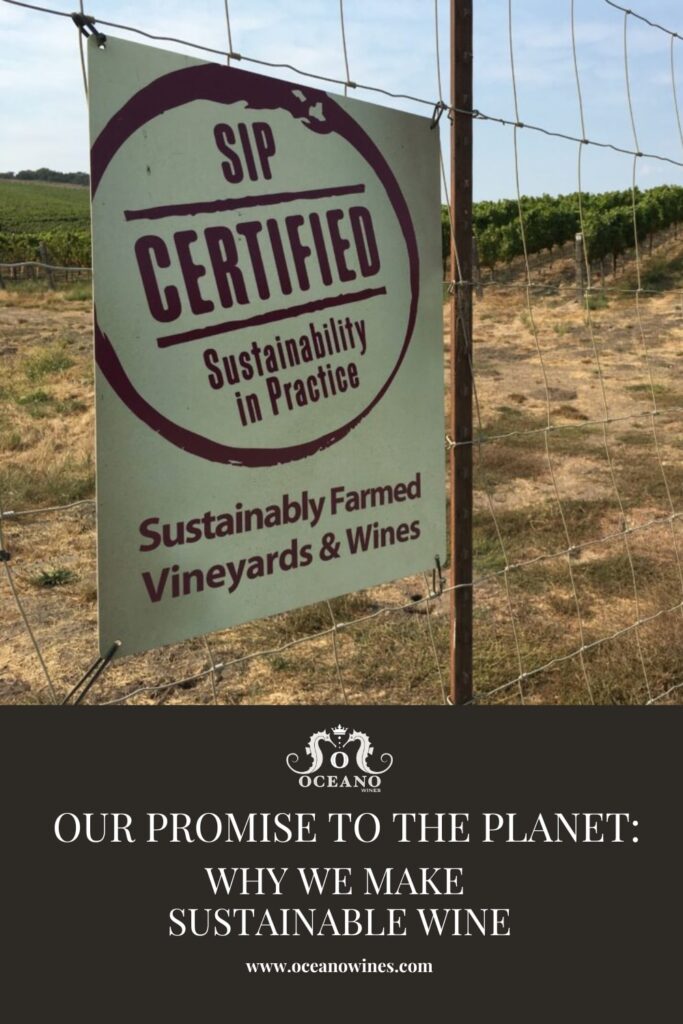
At Oceano, we’re committed to producing sustainable wine with a focus on environmental responsibility. Our wines are not only crafted using SIP Certified practices but are also vegan wine, ensuring they are made without any animal-derived products. Our dedication to sustainability is reflected in every step of our process, from recyclable packaging to eco-friendly corks and capsules. By reducing our carbon footprint and prioritizing direct-to-consumer distribution, we aim to deliver high-quality wine while minimizing our impact on the planet. Enjoy our sustainable wine, knowing each bottle is crafted with care for the environment and your palate.
